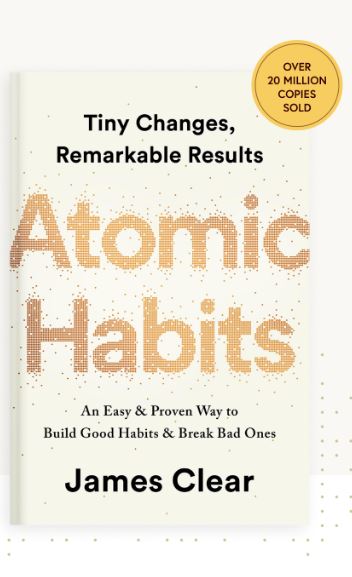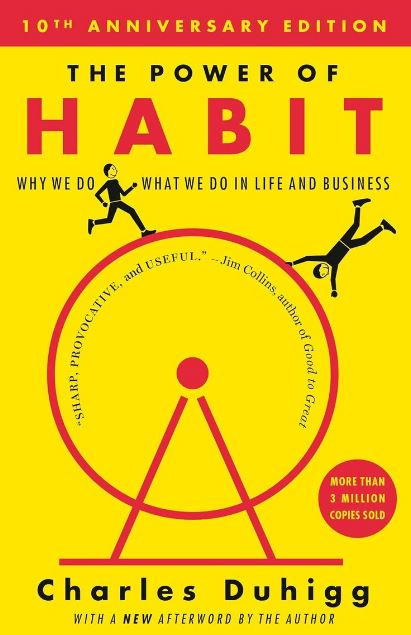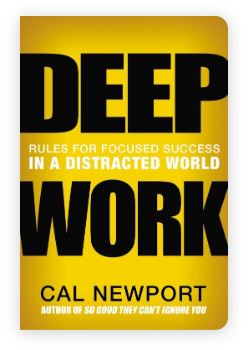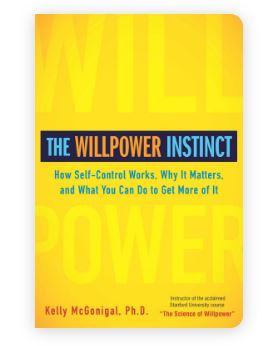So, my not-stop book readers, despite your regular routines you may find yourself distracted sometimes and away from your motive, ever wondered why this happens? That’s maybe because you lack self-discipline. Self-control or self-discipline feels like having a superpower enabling you to carry out tasks even when you’re not feeling motivated. It means working consistently toward your objectives and seeing things done on time, even if they are challenging. Self-control enables you to make wise decisions and follow them through in every situation.
Example: Consider a time when you have an important school project due. Rather than working on it, you can choose to watch TV or play video games or you can declare, “I’ll finish my project first, and then I can have fun,” when you have self-control.
Making the proper decision even when it’s difficult is important but at the same time that will be one of the finest decisions you can make.
How to build self-discipline
There are many courses and paid teachings you can choose to build self-discipline, but the truth is it’s not that tough though, you can build it by using or practicing simple habits and routines
- Always do what’s right
- Stay focused
- Practice more good habits
- Build new habits with existing ones
- Always follow a routine
- Avoid anxiety and depression
- Make the right choice
5 Best Books on Self-Discipline
In today’s modern world, you’ll find a number of self-tutorials on YouTube or webinars and more than 100 books to learn this tactic, but here are my favorite 5 books that I consider to be best regarding self-discipline.
Atomic Habits
Author: James Clear

The main idea behind “Atomic Habits” is that small changes can have a large impact. James Clear describes how little routines may change our lives when they are followed regularly. He refers to these little practices as “atomic” since they function as a solid foundation piece for self-control.
Key features
- The book uses simple language and examples
- It offers practical tips that you can follow
- Instead of making huge changes, it helps you to begin with small changes
- It teaches you how to link new habits with existing ones
- Building habits that will help you to achieve the personality you want to develop
The Power of Habit
Author: Charles Duhigg

“The Power of Habit” digs into the scientific explanation behind habits and their flexibility. The habit loop which consists of a cue, a routine, and a reward—is dissected by Charles Duhigg. We can develop better self-discipline and alter our habits by understanding this loop.
Key features
- The book is based on research and real-life examples
- It explains complex concepts about habits and self-discipline in an easy way
- Provides practical tools for analyzing and changing habits
- Deeply explains how to change habits
- Teaches how to influence others with your habits
Deep Work
Cal Newport

“Deep Work” highlights the value of continuous, and concentrated effort. Cal Newport believes that significant attention is becoming rare and precious in our busy environment. He offers techniques to help you develop this ability and strengthen your self-control.
Key features
- It teaches you how to eliminate distractions and focus on important tasks.
- The book teaches us practical habits to develop self-discipline
- Tells us about the stories of successful people who mastered the technique of deep work
- Teaches how to block unnecessary habits and routines to increase focus
Mindset: The New Psychology of Success
Author: Carol S. Dweck

“Mindset” focuses on the idea of growth and fixed mindsets. According to Carol S. Dweck, those who have a growth mindset think they can improve their skills with effort and determination. Success and the development of self-discipline depend on having this mentality.
Key features
- It helps to develop a mindset that accepts new challenges
- It helps you to accept and learn from your failures
- The book promotes a positive attitude towards growth and self-development
- Either its a College, Office, or Business you can apply this development technique anywhere to get results
The Willpower Instinct
Author: Kelly McGonigal

The book “The Willpower Instinct” explores the science behind willpower and how to develop it. Kelly McGonigal offers a thorough manual on cultivating self-control and self-discipline by combining studies from the fields of psychology, neuroscience, and economics.
Key features
- It provides evidence-based strategies for boosting discipline and willpower.
- The book includes exercises that you can practice to improve your self-discipline.
- Managing stress to maintain strong willpower.
- Small and consistent efforts can significantly enhance self-discipline.
- Learn how willpower works and what affects it.
Conclusion
You may become the best version of yourself with the self-discipline that is required to accomplish your goals by reading these books and putting their teachings into practice. To maintain self-control, remember that striving for daily improvement rather than perfection is what self-discipline is all about.
Have fun with your reading!
FAQs
Is discipline better than talent?
People who practice consistently and with discipline are able to improve their skills, become more proficient, and surpass others who are born gifted and depend only on their intrinsic ability.
Is self-discipline a skill?
While it may not come naturally to everyone, developing self-discipline is a skill that may be mastered to improve academic performance. All you really need is a constructive mindset and a clear awareness of your advantages and disadvantages.
Why do I lack discipline?
We avoid difficult and uncomfortable tasks, which is one of the reasons we lack self-control. We would much prefer to do the simple, cozy, and known things.

Dheraj Behram is an aspiring educational leader from a remote village in South Punjab, currently pursuing a master’s degree in Educational Leadership in the US. With extensive experience collaborating with world-renowned educationists, Dheraj’s scholarly interests are the intersection of education and technology, particularly the benefits of partnerships in this area, the use of AI in education, and technologically advanced instructional design strategies.

